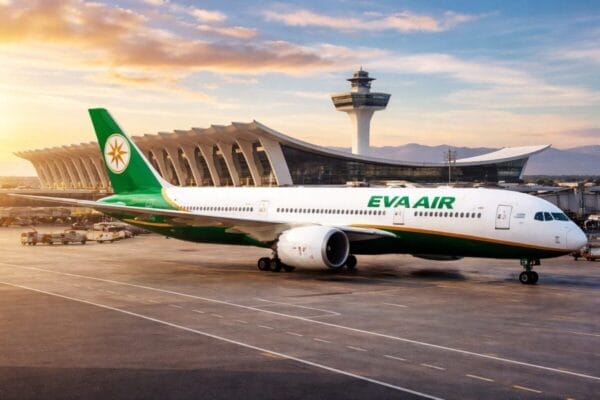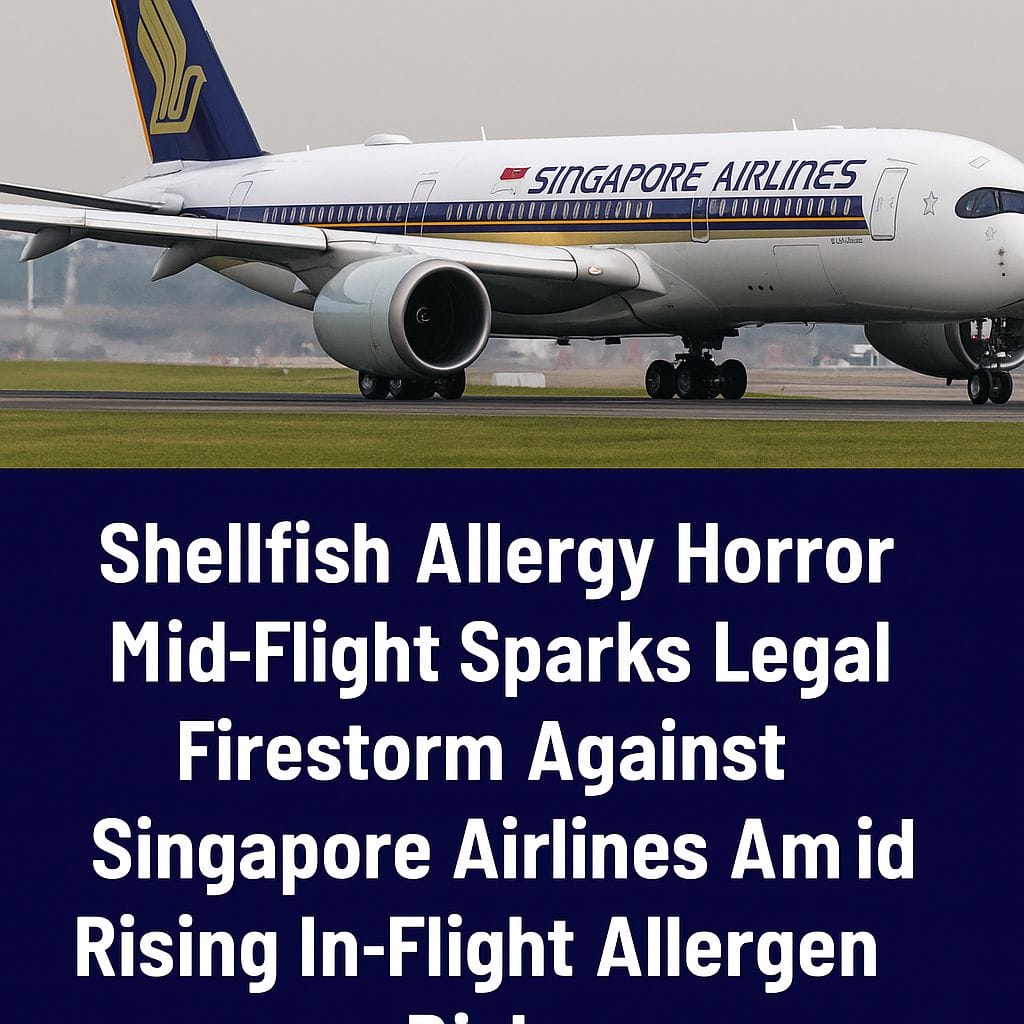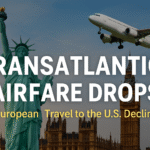Frankfurt to New York, via Paris – June 2025 – A shocking in-flight medical emergency involving a life-threatening shellfish allergy has placed Singapore Airlines under global scrutiny and ignited a high-profile legal battle in the United States. The incident, which forced a transatlantic flight to make an emergency landing in Paris, raises critical questions about food safety, medical preparedness, and airline responsibility in protecting vulnerable passengers.
The event unfolded on October 8, 2024, when Dr. Doreen Benary, a 41-year-old Manhattan pediatric emergency physician, boarded Singapore Airlines flight SQ026 from Frankfurt, Germany, to New York City. Despite following all standard procedures to alert the airline about her severe shellfish allergy, Benary was reportedly served a shrimp-containing dish while flying business class—a mistake that nearly cost her life.
A Routine Flight Becomes a Medical Emergency at 30,000 Feet
Benary’s journey began with assurance. As a seasoned traveler and healthcare professional, she proactively notified flight attendants of her allergy before departure, assuming protocols would be followed. But moments after consuming part of her in-flight meal, she experienced an immediate and violent reaction.
Court documents reveal that shrimp had been hidden in the dish, sparking anaphylactic symptoms that required emergency intervention. The reaction became so severe that the crew made the critical decision to divert the flight, touching down at Paris Charles de Gaulle Airport.
Once on the ground, Benary was rushed by ambulance to two different hospitals in Paris for emergency treatment. Her condition stabilized only after enduring what her lawsuit described as “painful and prolonged medical procedures.”
Airline Under Fire: Lawsuit Alleges Gross Negligence
The physician has since filed a federal lawsuit in the United States, alleging gross negligence by Singapore Airlines. The complaint claims the airline violated its duty of care by serving a known allergen despite being warned. Legal experts suggest the case could set a precedent for global aviation standards concerning allergy safety and emergency preparedness.
The airline has yet to issue a public statement regarding the lawsuit, but the incident has already raised broader concerns across the travel and aviation sectors.
Airline Allergy Protocols Under the Microscope
Shellfish is among the most dangerous food allergens, with even trace amounts capable of triggering anaphylaxis—a potentially fatal condition if untreated. Despite this, many airlines still lack standardized procedures to verify allergy-safe meal preparations, especially across international routes.
Compounding the problem, most commercial aircraft do not carry auto-injectable epinephrine (EpiPens). While FAA regulations in the U.S. require airlines to carry epinephrine vials, these require medical training for correct dosage and administration—a potential barrier in high-stress situations.
Benary’s case has reignited calls for:
- Mandatory EpiPens on all international flights
- Improved training for cabin crew in allergy response
- Stricter allergen labeling and meal preparation protocols
- Real-time digital tracking of passenger allergies and dietary needs
Rising Legal and Reputational Risks for Airlines
Singapore Airlines now finds itself at the heart of a global conversation about in-flight allergen management. As airline competition intensifies post-pandemic, carriers are increasingly judged not just on luxury and punctuality, but on passenger health and safety assurance.
Should the lawsuit prevail, it could lead to:
- Stricter regulatory mandates by aviation authorities
- Widespread industry reforms on allergy training and food handling
- Increased legal exposure for airlines failing to meet evolving passenger expectations
The case also highlights a growing liability gap in the airline industry: as personalized travel becomes more common, failure to accommodate specific health needs is no longer seen as a simple service failure—it’s a potentially fatal oversight.
Passenger Trust in Question: A Wake-Up Call for the Industry
For millions of travelers worldwide with severe allergies, the incident has shaken confidence in airline protocols. The thought that a medical professional, traveling in business class, could fall victim to such a critical error despite clear communication is alarming.
Benary’s ordeal has underscored the urgent need for systemic change. While many airlines promote allergen-friendly meals, inconsistencies in training, kitchen procedures, and cross-border catering services make effective implementation difficult.
As travel resumes globally, travelers are calling for:
- Transparency in in-flight menus
- Pre-flight confirmation systems for dietary restrictions
- Certified allergen-safe kitchens for international airlines
- Universal medical safety standards across aviation networks
Aviation Authorities Must Lead the Way
Airlines, regulators, and travel alliances must come together to prevent future incidents. Organizations like the International Air Transport Association (IATA) and International Civil Aviation Organization (ICAO) are being urged to review and update current health safety protocols to better protect at-risk passengers.
With technologies now enabling personalized health profiles, AI-driven meal selection, and real-time allergen tracking, the tools exist to eliminate such risks. The question is: will the industry act proactively?
Conclusion
The shellfish allergy emergency aboard Singapore Airlines flight SQ026 has become a watershed moment in aviation health safety. As legal proceedings unfold, the travel industry faces a pivotal choice—maintain the status quo, or rise to meet the demands of modern passenger care.
The story of Dr. Doreen Benary is more than a cautionary tale. It’s a call to action—for airlines to reimagine in-flight service through the lens of compassion, accountability, and medical preparedness. Because in the skies, safety must never be optional.
For more travel news like this, keep reading Global Travel Wire
















